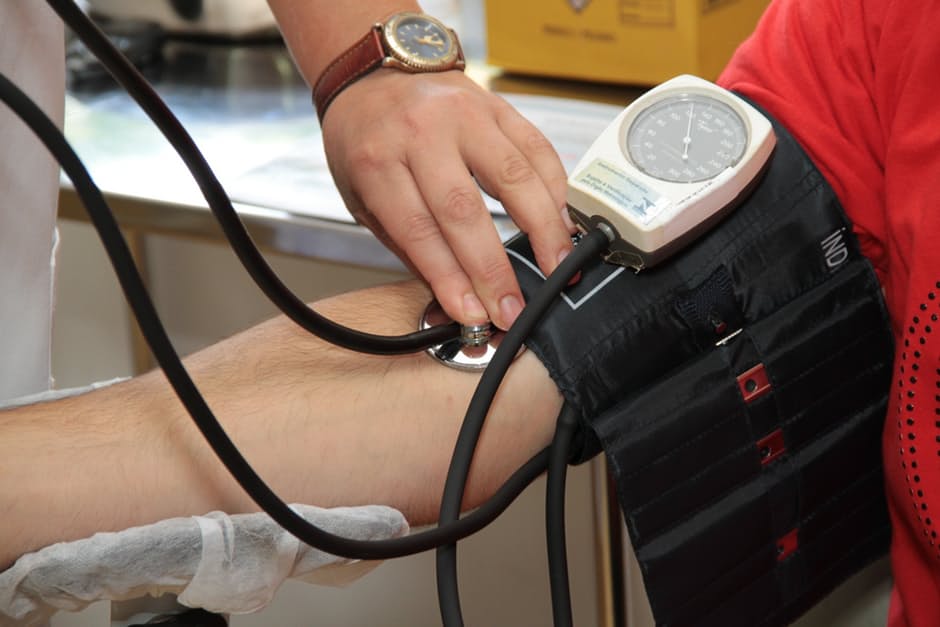By Laura Asbridge, Career Pathway Director at Activate Learning
A shortage of healthcare professionals is one of the major issues facing today’s National Health Service.
According to recent research by the Royal College of Nurses and Royal College of Midwives, the country requires a further 20,000 nursing staff and 3,500 more midwives to keep pace with increasing demand. Meanwhile, as between seven and ten percent of doctor posts remain vacant, it has also been estimated that by 2025, our ageing population will necessitate an additional 275,000 jobs in the adult social care sector.
How best can the education sector respond to these issues to support a supply of talented professionals? Firstly, by increasing the number of workers coming into the sector and secondly, by further developing the skills of those already at work. There is no immediate panacea, but by designing programmes in partnership with industry, which offer clear pathways from education to employment, providers can play their part.
Driving new staff to enter into the sector has to begin with encouraging more young people to consider the NHS as an enticing career option. At Activate Learning, we have recently launched a new care suite to provide learners with a compelling and realistic learning environment. The suite provides a simulated hospital ward, where learners can practice key procedures and important basics, such as good hygiene. Staff can monitor learners’ progress via bedside cameras, linked to monitoring equipment, and provide feedback on strengths and areas for improvement. The hospital ward is complemented by an assisted living suite, where future caring professionals can practice their skills in a domestic setting.
These facilities, funded by the Local Enterprise Partnership, are preparing new entrants for their future careers by immersing them in realistic working environments that develop the technical and soft skills required. They are also supporting existing healthcare professionals. The suite is already being used by the local NHS as a training facility, as well as by part-time foundation degree in health and social care students, who are already working in hospital settings and training to develop their careers.
Our next step is to use the facilities as a venue for short courses for adults faced with caring responsibilities, to help ease the pressures on family life as well as on our healthcare services.
Good training facilities are one part of the solution. The other is close partnerships between education and the healthcare sector; resulting in relevant learning programmes which embed experiences of work throughout. With growing recognition of mental health issues, we have forged a partnership with mental health charity, Response. The partnership is providing learners with work placements and employment opportunities. Professionals, carers and service users from Response are also delivering teaching by leading specialist units on dealing with challenging behaviour and safeguarding. This combines to offer students the broadest possible understanding of the sector and the best preparation for entering the industry themselves.
There is a considerable distance to cover before we overcome the growing skills gap in the healthcare sector. But by developing the required technical and soft skills through realistic and relevant learning experiences, we can make good headway. By also partnering with the NHS to develop the skills and careers of those already working in the sector, I believe that we can create a more sustainable future workforce.



